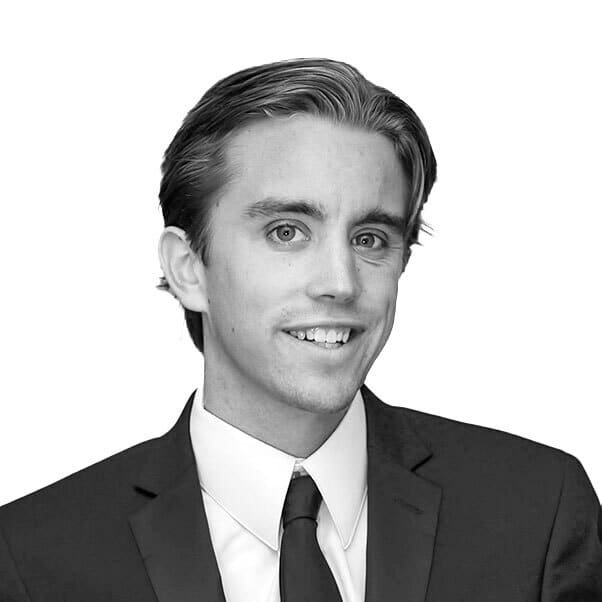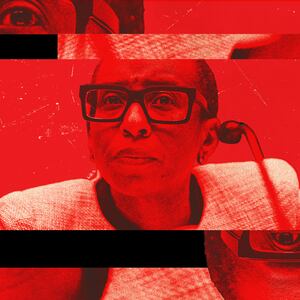Claudine Gay, the former President of Harvard who resigned on Tuesday amid a plagiarism scandal and backlash over missteps during an antisemitism hearing, admitted to making “mistakes” before Congress but said she stood behind the findings found in her highly scrutinized research.
In an Op-Ed published in The New York Times, Gay said her status as a Black woman leading America’s oldest campus put a target on her back for those apprehensive of demographic changes, adding that she’d been inundated with death threats and been “called the N-word more times than I care to count.”
Gay said she made “mistakes” when she dodged questions by Republican Rep. Elise Stefanik, who asked campus leaders during a hearing if calls for Jewish genocide violated their codes of conduct.
Gay said at the time it depended on the context, falling into what she later called characterized as a “well-laid trap.”
“I should have stated more forcefully what all people of good conscience know: Hamas is a terrorist organization that seeks to eradicate the Jewish state,” Gay wrote in the opinion piece.
Subsequent plagiarism accusations helped topple the embattled leader. Gay said she “promptly requested corrections” as alleged attribution errors surfaced in nearly half of her published works.
Prof. Gary King, Gay’s thesis advisor told The Daily Beast that the allegations could not be construed as plagiarism and Gay defended the findings of her works.
“I have never misrepresented my research findings, nor have I ever claimed credit for the research of others,” Gay wrote. “Moreover, the citation errors should not obscure a fundamental truth: I proudly stand by my work and its impact on the field.”
“Never did I imagine needing to defend decades-old and broadly respected research,” she continued, adding that the campaign against her more often “trafficked in lies and ad hominem insults” than “reasoned argument.”
The Harvard Corporation on Tuesday denounced the “repugnant and in some cases racist vitriol directed at [Gay] through disgraceful emails and phone calls.” Gay is set to remain in academia.
“As I return to teaching and scholarship, I will continue to champion access and opportunity, and I will bring to my work the virtue I discussed in the speech I delivered at my presidential inauguration: courage,” Gay wrote.







